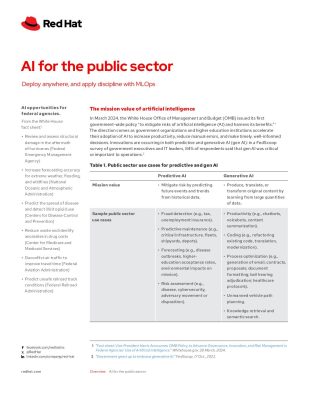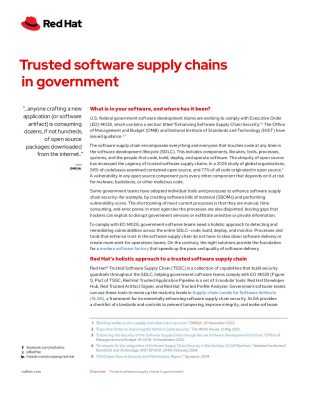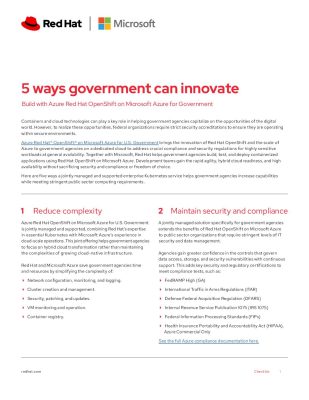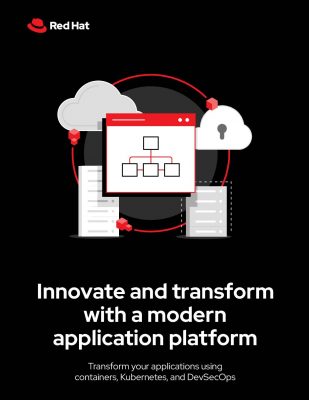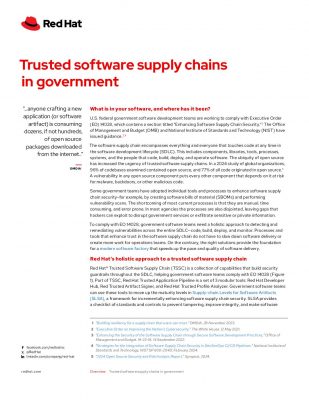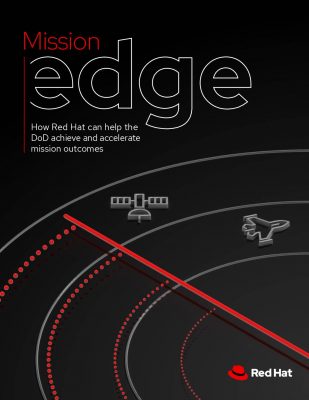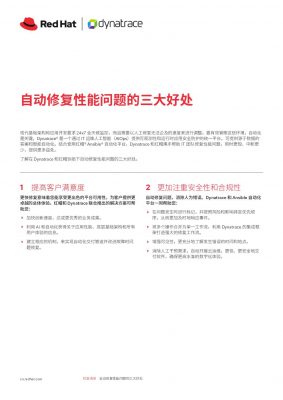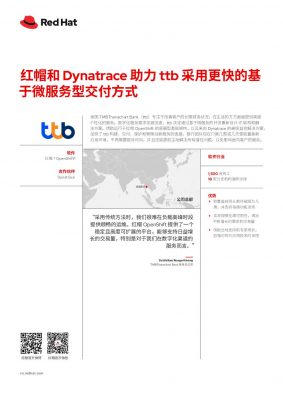Highlights:
- Kubecost Cloud is built on the open-source OpenCost project, offering enhanced cost insights for developers and engineering teams.
- Kubecost Cloud empowers teams to monitor Kubernetes deployments without major engineering commitment.
Recently, the startup Kubecost announced that its Kubecost Cloud platform is now generally accessible. Kubecost offers monitoring, management, and cost optimization services for businesses running Kubernetes clusters.
Kubecost Cloud is a software-as-a-service platform, claims Kubecost, formally known as Stackwatch Inc., that makes it simpler than ever for users to gain complete visibility into and reduce their Kubernetes-related costs.
Popular open-source tool Kubernetes coordinates and manages software containers, which house the microservice-based components of contemporary applications. The vast majority of businesses now consider it a necessary piece of software. Still, because it is frequently used, it can quickly consume a significant portion of information technology budgets.
According to Kubecost, this has prompted more businesses to use FinOps strategies, which seek to limit their software spending.
Kubecost Cloud is founded on the open-source OpenCost project, which provides developer and engineering teams with more actionable and accurate cost data for Kubernetes, as well as a variety of cost-reduction tools for administering the software. It is deployable within any Kubernetes cluster, where it can aid in reducing costs without compromising efficacy.
The ability to monitor Kubernetes deployments without devoting a lot of engineering resources is one of the benefits of Kubecost Cloud. It was used by numerous customers during its beta phase, demonstrating its ability to scale to monitor clusters with more than 1,000 nodes.
According to Google LLC’s recent State of Kubernetes Cost Optimization report, the most effective teams concentrate on four key areas, or Golden Signals: workload rightsizing, demand-based downscaling, cluster bin packing, and cloud discount coverage.
Each of these signals can benefit from the actionable insights provided by Kubecost Cloud. Key features encompass a cost-saving interface with container and cluster optimization tools, identification of abandoned workloads, dedicated allocations and assets dashboards per Kubernetes cluster, and an overarching cloud cost dashboard with reconciliation tools.
According to the company, these features work together to provide thorough cost visibility, segmenting costs by namespace, deployment, and service level. Teams can use these insights to forecast their spending much more precisely because the platform can track the related costs down to each cluster.
Kubecost Cloud also aids in locating areas where teams can cut costs, such as by getting rid of unused resources, maximizing node and container usage, and utilizing preemptible cloud instances. According to the startup, Kubecost Cloud can typically assist clients in realizing cost savings of 30% to 50%.
According to Constellation Research Inc. Analyst Holger Mueller, Kubernetes has become the de facto control plane for almost all contemporary application development. He explained that there is plenty of room to reduce operational costs because many businesses run multiple Kubernetes clusters.
He added, “As is often the case, the innovation is coming from the startup field. Kubecost offers a promising solution, and if it can deliver on the cost savings it promises, it can be a major win for enterprise IT budgets.”
President of Kubecost, Trenton Truitt, stated that the platform enables Kubernetes users to start small and scale quickly without straining their budgets. He said, “It is difficult to ensure you efficiently use all your nodes and containers, leading to over-provisioning and overspending. Especially at scale, comprehensive and frictionless Kubernetes cost monitoring and cost optimization are business-critical.”
Customers can sign up for a 14-day free trial of Kubecost Cloud to get started and see for themselves how much money they can save.

